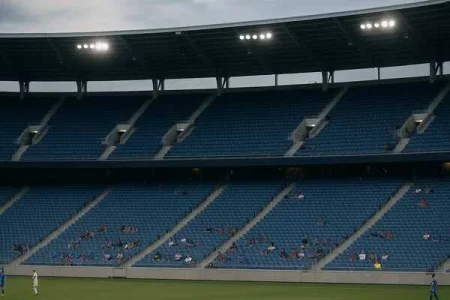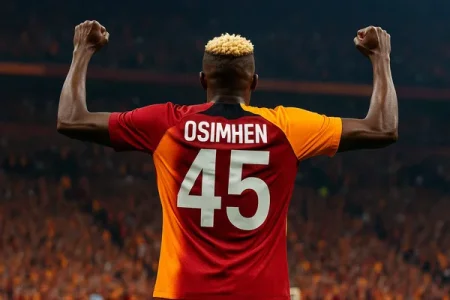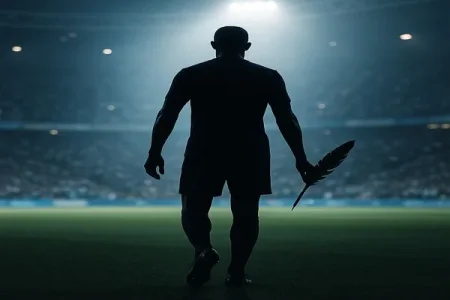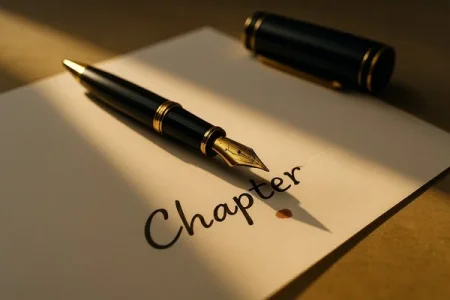
The group stage of the Club World Cup has concluded, with 16 teams securing their spots in the knockout rounds. Premier League powerhouses Manchester City and Chelsea have advanced to the last 16, alongside seven other European clubs. The draw has set the stage for compelling matchups, with Manchester City facing Saudi Arabian side Al-Hilal and Chelsea going head-to-head with Benfica. The knockout stage officially begins on Friday, June 28, with matches scheduled through July 2.
- Sixteen teams have progressed from the group stage to the knockout rounds.
- Manchester City and Chelsea both advanced with ease from their respective groups.
- Manchester City will play Al-Hilal, while Chelsea will face Benfica.
- The last 16 matches are scheduled from June 28 to July 2.
This tournament is more than just a series of football matches; it is a symbolic exchange of footballing philosophies from around the world. The matchups between clubs from different continents, like Manchester City from England and Al-Hilal from Saudi Arabia, create a unique experience that transcends the typical European-centric narrative. It reveals the diverse experiences and strategies of the sport on a global scale. This tournament empowers fans to engage with teams and players they might not normally see, educating them on the different styles and strengths of football across various leagues. The clashes also highlight a deeper truth: football is a universal language, and these matches create a powerful platform for cultural exchange and engagement.
FAQ
- When does the knockout stage start? The last 16 matches begin on June 28 and run until July 2.
- Which Premier League teams are still in the tournament? Both Manchester City and Chelsea have advanced to the last 16.
- Who is Manchester City playing? Manchester City will face Al-Hilal in the last 16.
As the Club World Cup brings together teams from across the globe, what does the beautiful game reveal about our shared human experience?
Source: BBC




